Is Washington fighting drug cartels or preparing for war with Venezuela?
That question looms after President Donald Trump announced that U.S. forces carried out a strike on a Venezuelan vessel in the Caribbean, killing 11 suspected gang members.
The strike, paired with a major naval buildup, has Caracas on high alert.
U.S. forces carried out a strike on a Venezuelan vessel, killing 11 suspected gang members
- U.S. forces struck a Venezuelan drug boat, killing 11 suspected gang members linked to Tren de Aragua, a group labeled terrorist by the U.S.
- The U.S. has deployed seven warships and 4,500 troops in the Caribbean, signaling a major military buildup near Venezuela.
- Venezuelan President Maduro warned of armed struggle and called for civil militias amid heightened U.S. military presence.
Image credits: Cheriss May/Getty Images
Trump described the strike on Tuesday at the White House, saying, “We just, over the last few minutes, literally shot out a boat, a drug-carrying boat, a lot of drugs in that boat.
“And there’s more where that came from. We have a lot of drugs pouring into our country, coming in for a long time … These came out of Venezuela.”
He later shared a video on Truth Social showing what appeared to be drone footage of a speedboat at sea exploding and catching fire.
Image credits: Donald Trump/Truth Social
Image credits: Donald Trump/Truth Social
Trump added that the U.S. military had identified the crew as members of the Venezuelan gang Tren de Aragua, which the U.S. designated a terrorist organization in February.
He repeated allegations that Tren de Aragua is controlled by Venezuelan President Nicolás Maduro, an accusation that Caracas denies.
Maduro said he was ready to “declare a republic in arms” if attacked by U.S. forces.
Venezuelan President Nicolás Maduro said he was ready to ‘declare a republic in arms’
But even as he sought to project force, Maduro also called for peace and appealed to Trump’s campaign promise to end wars, not start them.
He also brought up the Nobel Peace Prize that Trump has been fixated on winning.
Maduro further accused Secretary of State Marco Rubio, telling Trump, “Mr. President, Donald Trump, watch out, because Mr. Rubio wants to stain your hands with blood.”
Venezuela’s Communications Minister Freddy Ñáñez took to social media to suggest that the video Trump shared was created using artificial intelligence.
The Pentagon has not released specifics about the strike, including what drugs were on board, their quantity, or the exact method of the attack.
🚨 🔥Venezuela Drug Traffickers Annihilated
Trump Just Put Venezuela on Notice ‼️🔥
I used to do Counter Narcotics deployments in the US Navy. My first deployment I was a VBSS Team member. There were strict rules of Force.
We would take out their outboard engines at the most.… pic.twitter.com/0e0DfZVnP0
— Joshua Reid | Redpills.tv (@realjoshuareid) September 2, 2025
The decision to destroy a suspected drug vessel instead of seizing it and apprehending its crew is unusual.
Adam Isacson, Director for Defense Oversight at the Washington Office on Latin America, wrote on X: “Being suspected of carrying drugs doesn’t carry a death sentence.”
The strike has raised concern since these methods echo U.S. military operations against terrorist groups like Al-Qaeda.
The U.S. has deployed several warships in the southern Caribbean. Seven warships — including the USS San Antonio, USS Iwo Jima, and USS Fort Lauderdale, along with a nuclear-powered, fast-attack submarine — are either in the region or expected to arrive soon.
Image credits: Daniel Gonzalez/Getty Images
These forces include over 4,500 sailors and Marines. Some warships can carry and launch helicopters and deploy Tomahawk cruise missiles. These long-range missiles can be launched from ships at sea and travel hundreds of miles to hit targets on land with high accuracy.
The U.S. military has also been flying P-8 spy planes in the region over international waters to gather intelligence, U.S. officials said.
Defense officials raised concerns about the deployment of the Marine Expeditionary Unit (MEU), with many worried that the Marines are not trained to conduct drug interdictions and counter drug-trafficking.
They will have to lean on the Coast Guard if they are expected to conduct drug-related interdictions.
The Trump administration claims these measures target drug cartels. Rubio told reporters on Tuesday, “These particular drugs were probably headed to Trinidad or some other country in the Caribbean. Suffice it to say that the president is going to be on offense against drug cartels and drug trafficking in the United States.”
Last week, Trump accused Maduro of being involved in cocaine trafficking and working with drug cartels. However, earlier this year, US media reported that an internal intelligence memo concluded that there was no evidence linking Maduro to Tren de Aragua.
Image credits: Jesus Vargas/Getty Images
In addition, according to the United Nations Office on Drugs and Crime, Venezuela does not produce coca, the key ingredient for cocaine. Colombia, Peru, and Bolivia account for the vast majority of global cocaine production, suggesting that Venezuelan trafficking represents a small fraction of the global trade.
Venezuelan officials have also repeatedly said that Tren de Aragua is no longer active, following its dismantling during a prison raid in 2023.
But the White House has doubled down on its claims, offering $50 million for the capture or prosecution of Maduro on drug charges.
Maduro said that the U.S. military build-up in the Caribbean is aimed at overthrowing the government.
“They are seeking a regime change through military threat,” Maduro told journalists. “Venezuela is confronting the biggest threat that has been seen on our continent in the last 100 years.”
Trump has accused Maduro of being involved in cocaine trafficking, despite contradictory evidence
Venezuelan President Nicolás Maduro says the U.S. military presence in the Caribbean is “the greatest threat the continent has seen in 100 years,” calling the deployment of warships and missiles “unjustifiable” and “criminal.”
He warned that if Venezuela were attacked, the… pic.twitter.com/JC4zP3GJSb
— CBS News (@CBSNews) September 2, 2025
“If Venezuela were attacked, we would immediately move to armed struggle in defense of our territory,” he added.
“In the face of this maximum military pressure, we have declared maximum preparedness for the defense of Venezuela.”
Venezuela has also condemned the U.S. to the UN, calling its position an “escalation of hostile actions and threats.”
A letter sent to the UN described the U.S.’ naval presence as a “serious threat to regional peace and security,” and called the presence of a nuclear-powered submarine “a clear act of intimidation.”
The letter also demanded “guarantees” that the U.S. would not deploy or threaten to use nuclear weapons in the region.
However, Maduro also conceded that while relations between the two countries were currently in “bad shape,” he believed they could be repaired.
Image credits: Jesus Vargas/Getty Images
Trump, he said on Tuesday, was “an intelligent, bold man. He’ll know what to do. Hopefully those channels can be recovered.”
Maduro has deployed troops along Venezuela’s borders and called on thousands of citizens to join armed militias to defend the nation.
CNN quoted a U.S. official emphasizing that the U.S.’ military presence is mostly a show of force for now, sending a message rather than an indication of any intention to conduct the precise targeting of cartels.
Maduro claimed a third term in office after a flawed election in 2024. He is widely considered to be an authoritarian ruler.
Venezuela has suffered through human rights abuses, the collapse of press freedom, and electoral fraud during his presidency.
Trump has publicly shown his dislike for Maduro since during his first term in 2017 when said that he was “not going to rule out a military option” to confront Maduro’s government and called his government a “dictatorship.”
Image credits: The White House/Flickr
Then, at the 72nd session of the UN General Assembly in the same year, Trump discussed a possible U.S. military intervention in Venezuela.
Maduro’s son, Nicolás Maduro Guerra, responded, saying, “The rifles would arrive in New York, Mr. Trump, we would arrive and take the White House,” if the U.S. were to attack Venezuela.
In 2018, Maduro claimed that the U.S. was trying to overthrow him to control Venezuela’s oil.
Trump confirmed the claims at a press conference in North Carolina in 2023. “When I left, Venezuela was ready to collapse. We would have taken it over, we would have gotten all that oil,” he said.
Trump said he wanted to take Venezuela’s oil when its government was close to collapse
Trump: When I left, Venezuela was ready to collapse. We would have taken it over, we would have gotten all that oil. pic.twitter.com/5q3Jr1j1Ho
— Acyn (@Acyn) June 10, 2023
A Wired report revealed last year that the CIA had secret plans to overthrow Maduro in 2019.
Neither the countries nor their leaders have any formal diplomatic ties, a factor that further increases tensions between them. But it is unlikely that the current situation will lead to a war.
“No one in their right mind thinks that with 4,500 people you can invade a country that’s got mountains, jungle, and multiple urban centers,” Christopher Sabatini, a senior research fellow for Latin America at British think tank Chatham House, told to The Guardian. “This is all performance on both sides.”
Moreover, it is “likely this is an attempt to put pressure on Maduro to take firmer action against cartels operating from Venezuela,” William Freer, a research fellow in national security at the U.K.-based Council on Geostrategy, told Newsweek.
Carlos Solar, a senior research fellow for Latin American security at the Royal United Services Institute think tank, told Newsweek that Venezuela had not created threats serious enough to warrant American military action.
However, if an armed conflict were to materialize, it would happen at a much later stage. “The U.S. has carried out similar operations this year in the Middle East with notable precision and effectiveness, often against actors better equipped than Venezuela’s Bolivarian Armed Forces,” Solar said.
“This approach minimizes U.S. material and personnel losses while severely degrading the adversary’s military capabilities.”
Poll Question
Thanks! Check out the results:
Trump wants a Nobel peace prize so badly that he is willing to start a war and then end it claiming that ending the war should earn him the Nobel. Sick, sick man, surrounded by N**i toadies.
Trump wants a Nobel peace prize so badly that he is willing to start a war and then end it claiming that ending the war should earn him the Nobel. Sick, sick man, surrounded by N**i toadies.


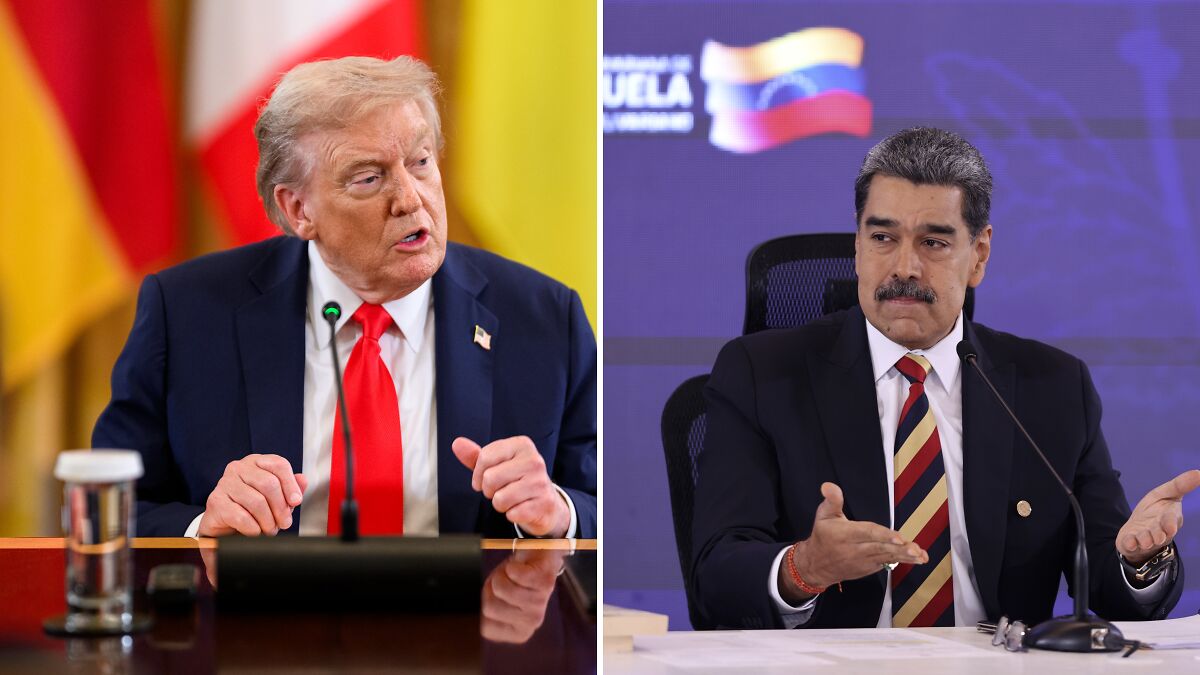
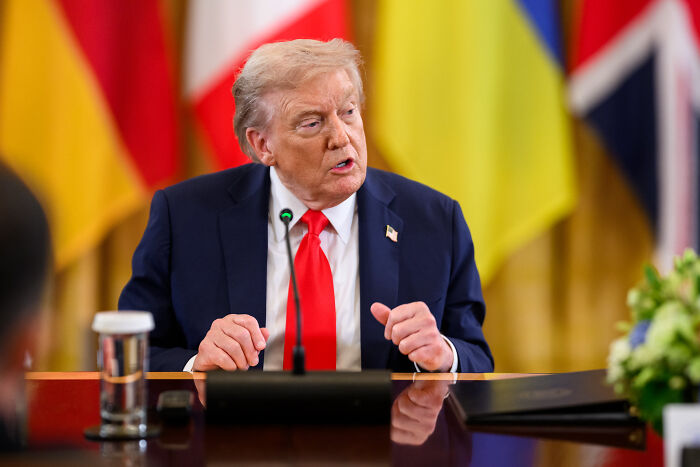
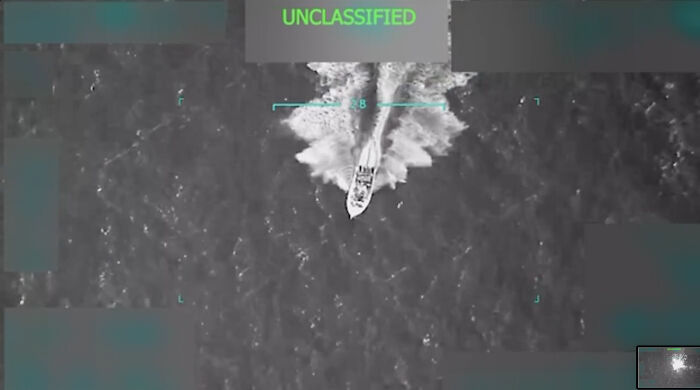
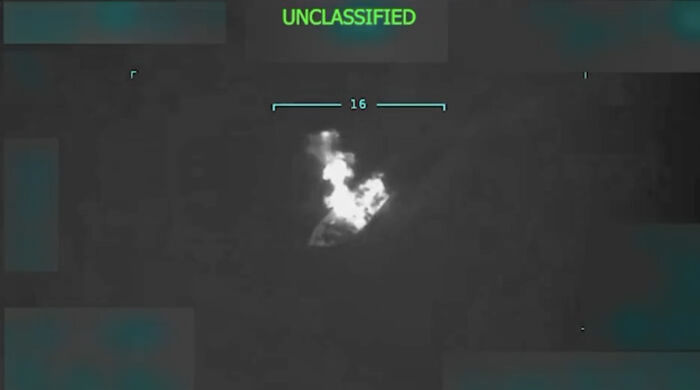
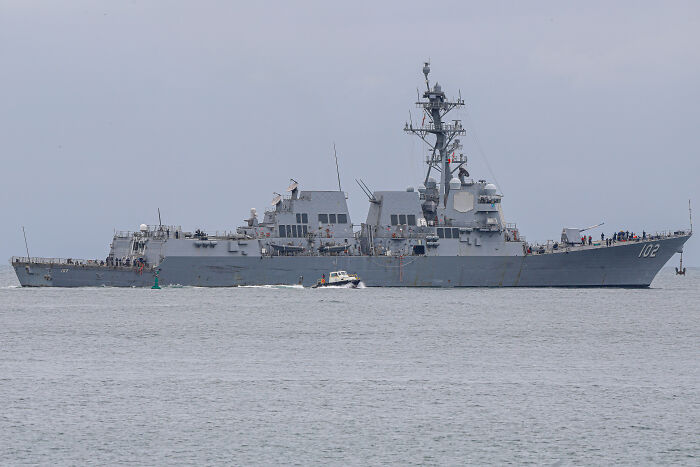
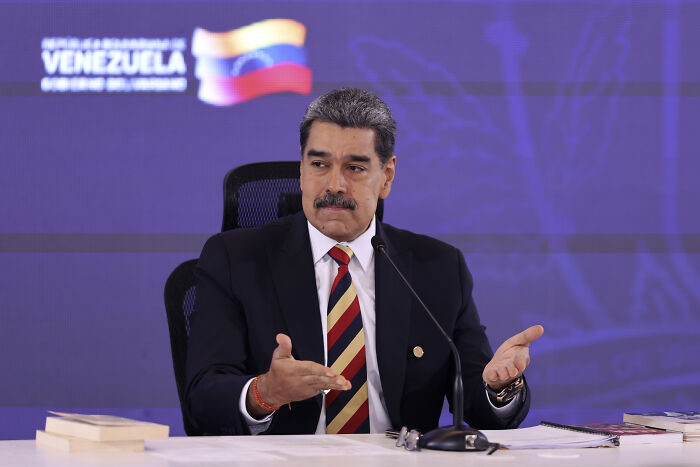
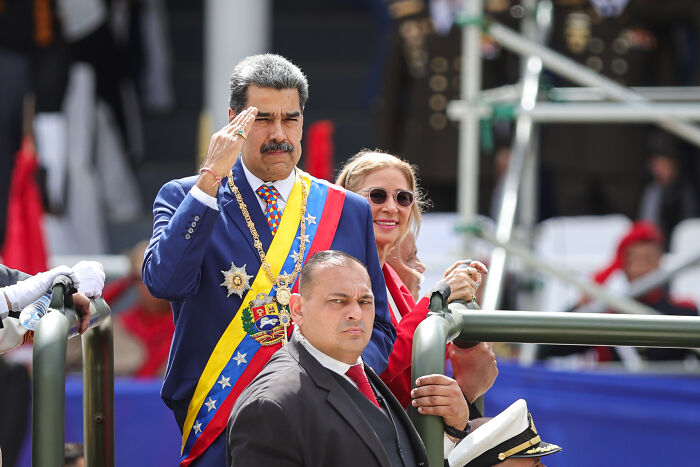
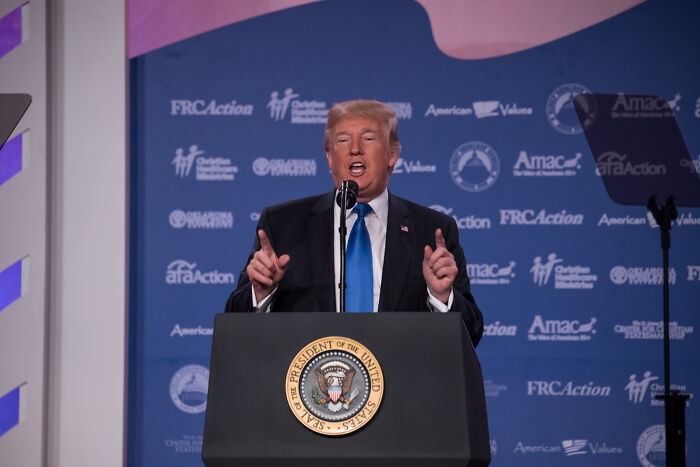



17
1